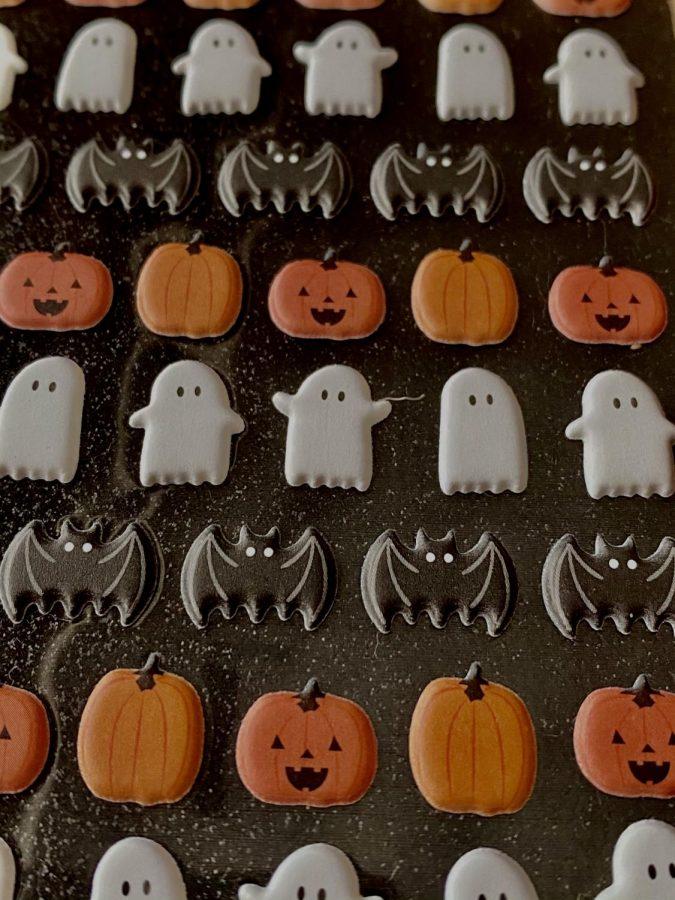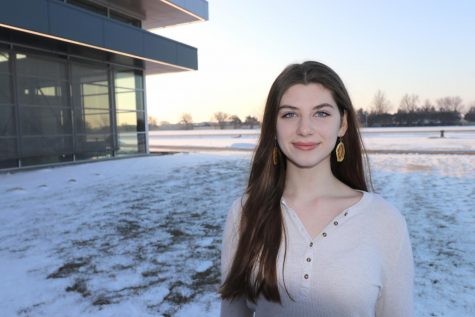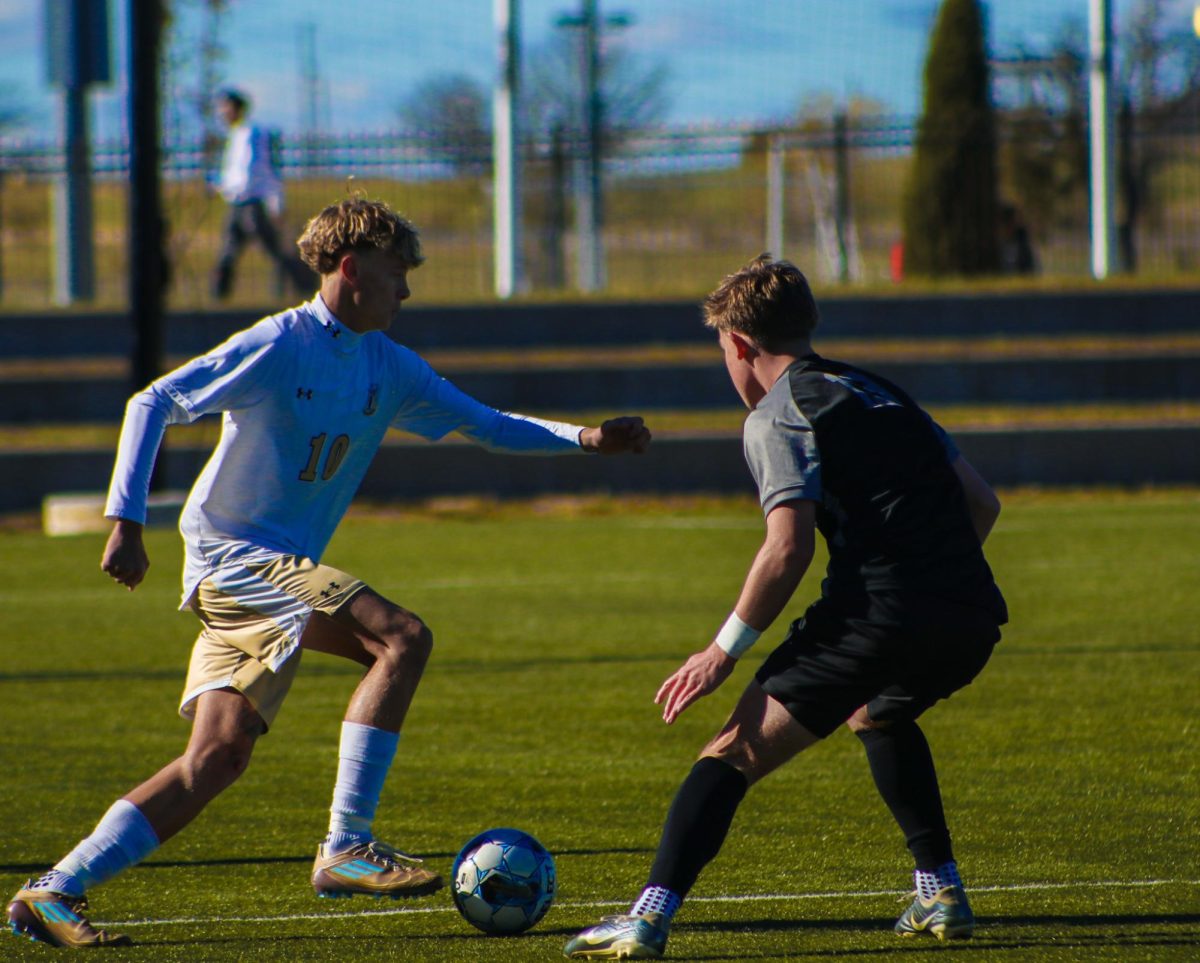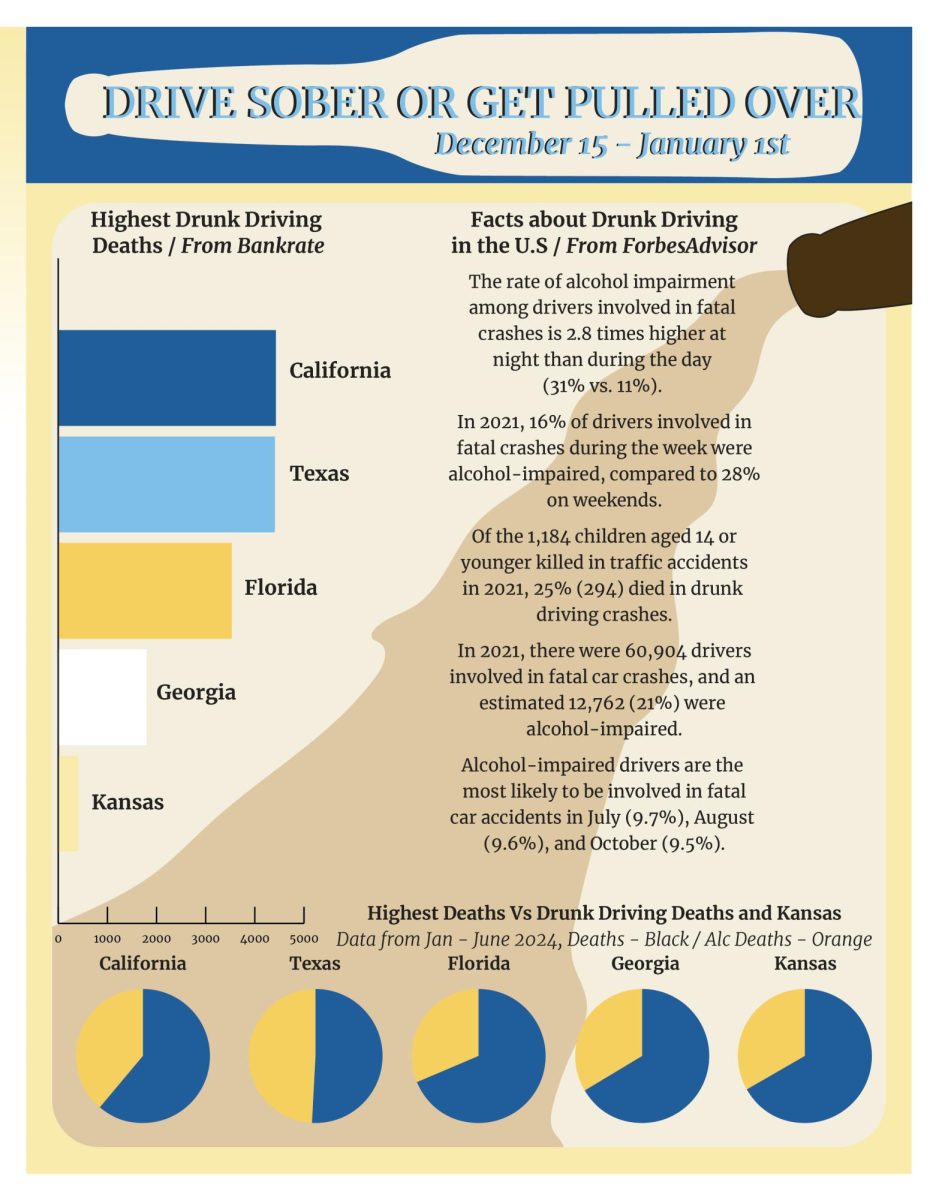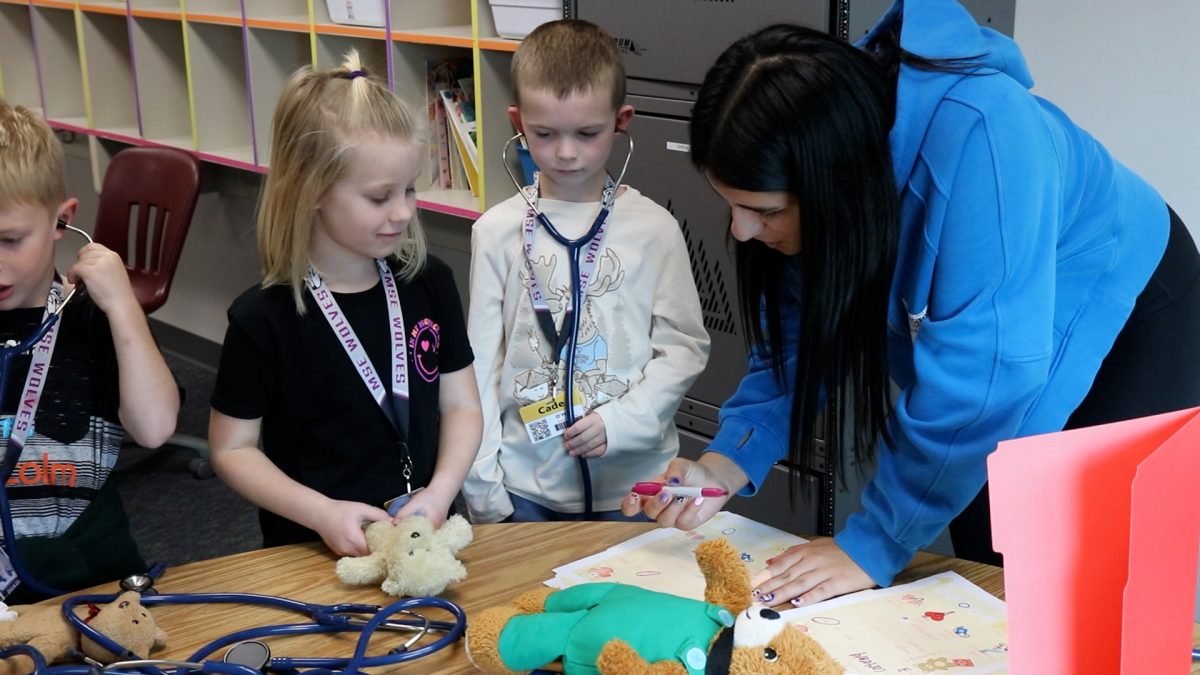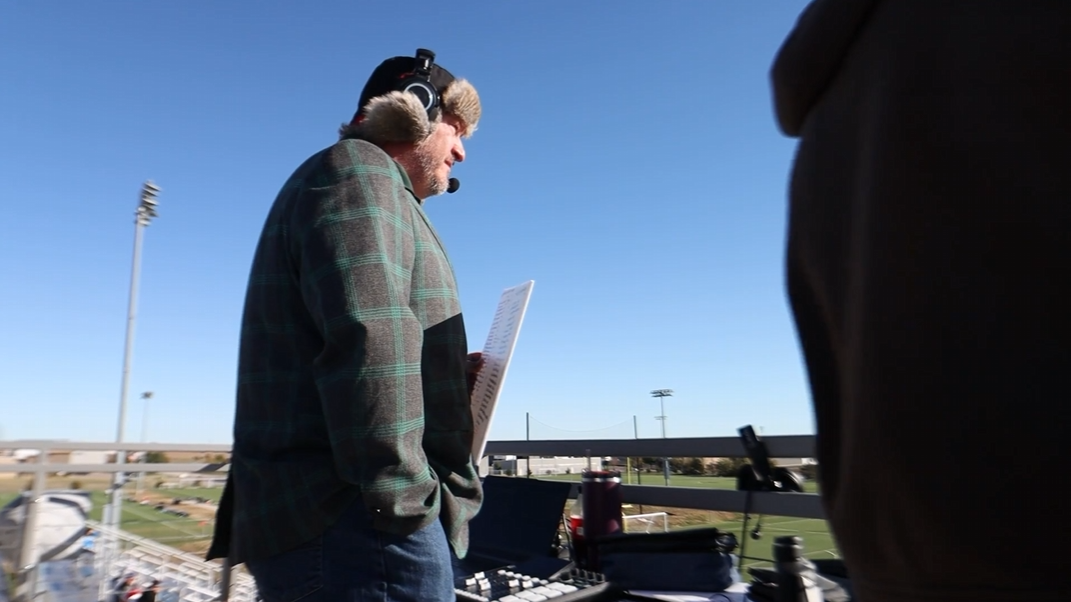Why are we so fascinated by the supernatural?
Psychology and History teacher Lindsay Williams and Amanda McMillan explain why they think we are under the spell of the supernatural and Halloween during the month of October.
From annually dressing in costumes to ward off spirits, now hundreds of movies and works of literature have been put out celebrating Halloween’s spooky season. “Humans are generally pretty creative and imaginative, so I think people also use the explainable to explore their creativity,” McMillan said.
October 20, 2020
Halloween is creeping around the corner, and the monsters and ghouls are stretching in the gymnasium, preparing for their fun night out.
Students are grabbing their smart phones, creating lists of their favorite scary movies, buying their costumes, and making trips to Field of Screams to get the spooky vibe of October in their veins a week before the spooky night.
But why do we do this? Why do we enjoy watching a movie so terrifying that we have a hard time sleeping in the dark, or reading about the love between a vampire and a human and their dangerous, yet thrilling romance? Why are we so fascinated with the supernatural and unknown?
Maize South’s’ Psychology and History teacher, Lindsay Williams, believes that there are multiple factors that feed into why students are running around at night asking for candy and celebrating different creatures of Halloween.
“It’s a spooky time of year and it is a tradition for us to think about the supernatural and afterlife,” said Williams. “The history of Halloween goes back many centuries and it is something that many have celebrated and been interested in for a long time.”
If you narrow it down to the origin of why we celebrate Halloween in the first place, you will notice that many of the standard holiday traditions and beliefs are still carried down today to the newer generations.
“Halloween 2020,” an article published and annually updated by the History channel, is an interesting article about the history of Halloween, or “All Hallows Eve,” that dives deep into where the holiday originated. In fact, it all started with an ancient Celtic festival.
“People would light bonfires and wear costumes to ward off ghosts,” the article states. The idea began with people believing they could scare spirits away; the idea was putting their faith in traditions to keep them away. They turned their fear into an empowering, “take that ghost!” celebration.
Over time, All Hallows Eve turned to Halloween and bonfires to ward off spirits, at least in the United States, turned into carving pumpkins and dressing up in costumes to visit strangers doorsteps to ask for candy to make it through the rest of the week on a pleasant sugar high.
While some may look forward to the once a year frightening holiday, others may not enjoy the spookiness that the holiday depicts overall.
“If you are thinking about someone being scared, some people have natural tendencies to like that feeling of the unknown, what’s coming next, or supernatural activities,” said Williams. “Some prefer not to think about those things and don’t like the idea of being scared or learning about things that are hard or difficult to explain.”
Children may be terrified of scary movies and vampires (even superstitious enough to make sure garlic bread is a side item leading up to Halloween) but that does not always stop them from sneaking a scary movie to watch when the family isn’t home.
We (teens) are still so interested in what we don’t understand, that the scares are thrilling.
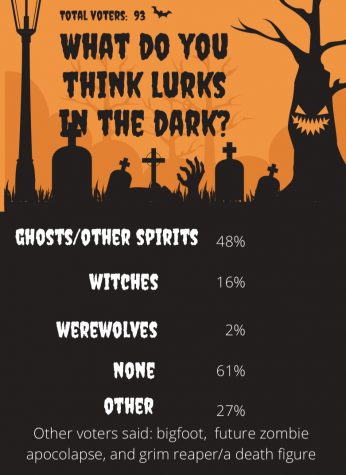
Amanda McMillan, a Maize South English teacher, sees a different viewpoint while using Arthur Miller’s play The Crucible to support. The play is about a partially fictionalized story from the Salem witch trials during 1692-1693 in Massachusetts (can read more about the Salem witch trials here). In the dramatized tragedy, a young woman, Abigail Williams, uses her ability to accuse others of witchcraft to her benefit.
“The Crucible definitely depicts witch hunts and the chaos of pointing fingers at others in an accurate way,” McMillan said. “I think it is sometimes easier for people, like Abigail in the story, to place the blame on others instead of facing mistakes they’ve made or facing people who ‘wronged them’ directly.”
Whether or not some of these people back in the day believed in witches running around Massachusetts, it was simply easier to also move along with what the majority were saying. Fear of being accused or fear of being a victim to witchcraft kept the witch trials going. So is fear why we still believe in these ghostly myths?
McMillan also knows that the audience longs for a mystery, suspense and is truly captivated by all things supernatural based.
“Supernatural elements certainly play a role in getting the audience to think about life, culture, and ideas in a different way. It’s similar to magicians who practice card magic and sleight of hand; the audience is curious how the trick was accomplished and might want to find out how the magician did the trick,” McMillan said. “The authors use the supernatural to convey who a character is, to expose society’s faults, or simply to entertain.”
Whether you think ghosts, witches, vampires and fake creatures are real or not, there are three words that explain our longing to learn more about the supernatural, spooky and sinister mood that comes with Halloween.
Fear, curiosity, and new ideas.
Some are terrified of the supernatural and are motivated by fear to believe and even terminate. Others are attracted to the new ideas and stories from their curiosity. Regardless of your personal stance on the Halloween, it’s a ghoulish holiday filled with uncertainty and surprise.

